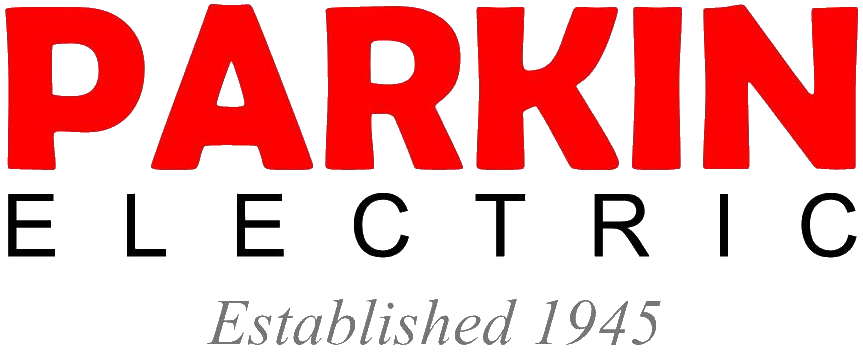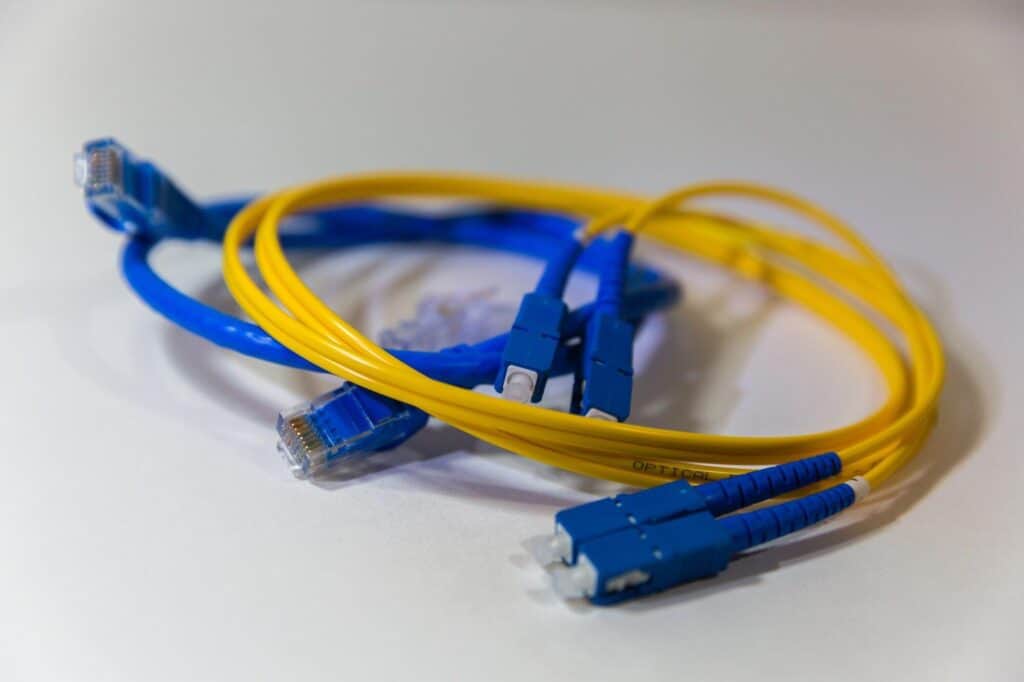Have you ever gotten frustrated with your internet provider due to outages or them throttling your internet speeds? You want to improve your overall experience, but their internet speed caps at a certain point.
One way to ensure you have the best internet connection possible is through the use of fiber optic cabling. Fiber optic cables provide fast and stable internet across longer distances. They’re also future-proof due to how much information can be transferred at once.
Here are seven questions to ask your fiber optic installer before they get started.
1. What Are Your Qualifications?
One of the most important questions you’ll want to ask before installing fiber optics is what qualifications and experience your installer has. These days, an internet connection is an essential part of operating a business, and you can’t afford for the installer to get something wrong.
A subpar installation could mean an increased risk of outages or an electrical fire. It may look visibly messy and not up to code.
In order to find the right structured cabling company, you’ll want to check for certain qualifications.
A certificate received by the Fiber Optic Association shows that they’re experienced and have been acknowledged by other professionals in their field. They should also adhere to industry standards such as ANSI/TIA568 and ISO/IEC 11801.
2. How Long Will the Process Take?
You’ll want to know the estimated project timeline before you let an installer work in your building. While they upgrade your cabling, they’ll be coming in and out of your building. You may lose service, and they may get in the way of your business.
Additionally, much of their work begins with getting permits. Without these permits, you may not be allowed to make any changes to your internet cabling.
Make sure that your installer provides some kind of timeline so you know what will happen on which days. You can always adjust your work schedule to accommodate it, such as closing down for the day or finishing important work the day before.
At the very least, get a few estimates before you make a decision.
3. Can You Maintain Service?
The immediate concern when you install fiber optic cable is whether or not you’ll still have access to the internet that day. At the very least, a smaller company can expect a loss of internet to cost them $5,000 a minute. For larger companies, that number can look more like $16,700 per server per minute.
Switching from normal internet to fiber optic can take at least a few hours, depending on the installer and the size of the job. Larger businesses may have more complex networking requirements and complex infrastructure challenges leading to a longer installation process.
See if your installer can maintain your service through most of the process. They need to minimize how much downtime you suffer, so you lose less money switching over.
4. Do You Have Access to Our Building Schematics?
If your business is located in an older building, your fiber optic installer may encounter problems. These could include congested or blocked ducts and thick walls they’ll need to drill through. You also want to ensure that they don’t mess up any preexisting systems or wiring that could interrupt your workflow.
It may help if your installer has access to both building schematics and a floor layout. That way, they can identify any obstacles and find a solution before they start drilling into walls.
5. What Is the Total Cost?
A business should always get a detailed outline of the various costs associated with a project before agreeing to it. Knowing the detailed breakdown allows you to budget properly as well as ask for minor adjustments to the project.
For example, some fiber optic cable installers require a deposit upfront but may also charge extra if there are any complications. Others may not, and they may also offer financing options to make payments easier.
Knowing the associated costs will also make it easier to file these changes in your taxes. Your installer should be able to help provide a breakdown of what that will look like and how you can include it.
6. Can You Provide References?
You may want to request references from your installer so you can talk to other business owners who have worked with them. Additionally, your installer may be able to provide case studies from their past projects.
By looking at their past projects, you can decide if they have sufficient experience and expertise. It’ll also give you an idea of the final outcome.
If they can’t provide references, you can always look up reviews online. The only problem with most reviewers is that they’ll only leave feedback if they are very satisfied or unsatisfied with the work. It may not be a true representation of their services.
7. What Support Services Do You Offer?
After all is said and done, your business will want the installer to provide some kind of support services moving forward. It’s important to know details like the type of warranty and post-installation services they offer.
If something is wrong with the wiring, will they charge you extra to come and fix it? How closely will they monitor your setup in the weeks following its installation?
Ideally, the equipment you pay for will be reliable and not break down in a few years. However, your installer should be prepared to offer support services if you need them. Ask about any post-installation services or warranties the company offers.
Hire the Right Fiber Optic Installer
The fiber optic installer is the one responsible for getting your building hooked up to its new internet connection. If they mess up their job, then running your business could be very difficult or even impossible. As such, take the time to shop around before settling on a provider.
Parkin Electric provides cutting-edge technology for your home, business, and industry. Our services cover the installation of fiber optics, generators, lighting, phone systems, and more. Take a look at our past projects online and get in touch with any questions.

